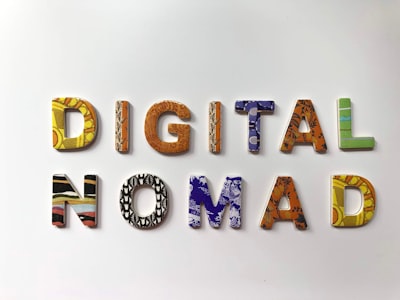
In recent years, technology has been rapidly evolving and changing the way we live and work. This is especially true in the world of marketing, where the rise of digital channels has greatly altered traditional marketing methods. In this fast-paced digital landscape, one technology in particular has emerged as a game-changer - Artificial Intelligence (AI).
AI refers to the development of computer systems that can perform tasks that normally require human intelligence. This technology has been making its mark in various industries, but its impact on digital marketing has been particularly noteworthy. With its ability to analyze vast amounts of data and automate processes, AI is revolutionizing the way marketers reach and engage with their target audience.
One of the key areas where AI is transforming digital marketing is in data analysis. With the vast amount of data available through various online channels, it can be overwhelming for marketers to manually analyze and interpret all of it. This is where AI algorithms come in, as they can quickly sort through large volumes of data to identify patterns and insights. This allows marketers to better understand their audience and create more targeted and personalized marketing campaigns.
Another major role of AI in digital marketing is in the field of customer experience. AI-powered chatbots, for example, have become increasingly popular in recent years, as they can provide 24/7 customer service and support. These chatbots use natural language processing and machine learning to engage with customers in real-time, answering their queries, resolving issues, and even making product recommendations. By providing quick and efficient responses, chatbots can greatly enhance the overall customer experience and improve customer satisfaction.
Moreover, AI is also playing a significant role in automating various marketing processes. This includes tasks such as email marketing, content creation, and social media management. By leveraging AI-powered tools, marketers can automate repetitive and time-consuming tasks, freeing up more time for strategic and creative work. This not only increases efficiency but also allows for more targeted and data-driven marketing efforts.
In addition to these areas, AI is also influencing digital advertising in a major way. With AI-powered advertising platforms, advertisers can target specific demographics and interests, as well as track and optimize their campaigns in real-time. This level of precision and data-driven decision-making has greatly improved the effectiveness and ROI of digital advertising. AI also helps to prevent ad fraud, by quickly identifying and flagging suspicious activity.
However, despite its numerous advantages, the implementation of AI in digital marketing does come with some challenges. One of the major concerns is the potential loss of jobs, as AI-powered tools and systems can automate many tasks that were previously done by humans. This leads to the need for upskilling and reskilling of the current workforce to adapt to these technological changes.
Another challenge is the potential for data privacy and security breaches. As AI relies on data to function effectively, companies must ensure that they are handling and storing customer data ethically and securely. This can be achieved through implementing strict data protection policies and utilizing tools such as encryption.
In conclusion, AI is undeniably shaping the landscape of digital marketing. Its ability to analyze data, enhance the customer experience, and automate processes is providing marketers with valuable insights and saving them time and resources. As AI continues to evolve and integrate into various industries, it will be interesting to see how its role in digital marketing will continue to grow and evolve in the coming years. Embracing this technology and finding the right balance between automation and human touch will be crucial for businesses to stay ahead in the digital marketing race.
